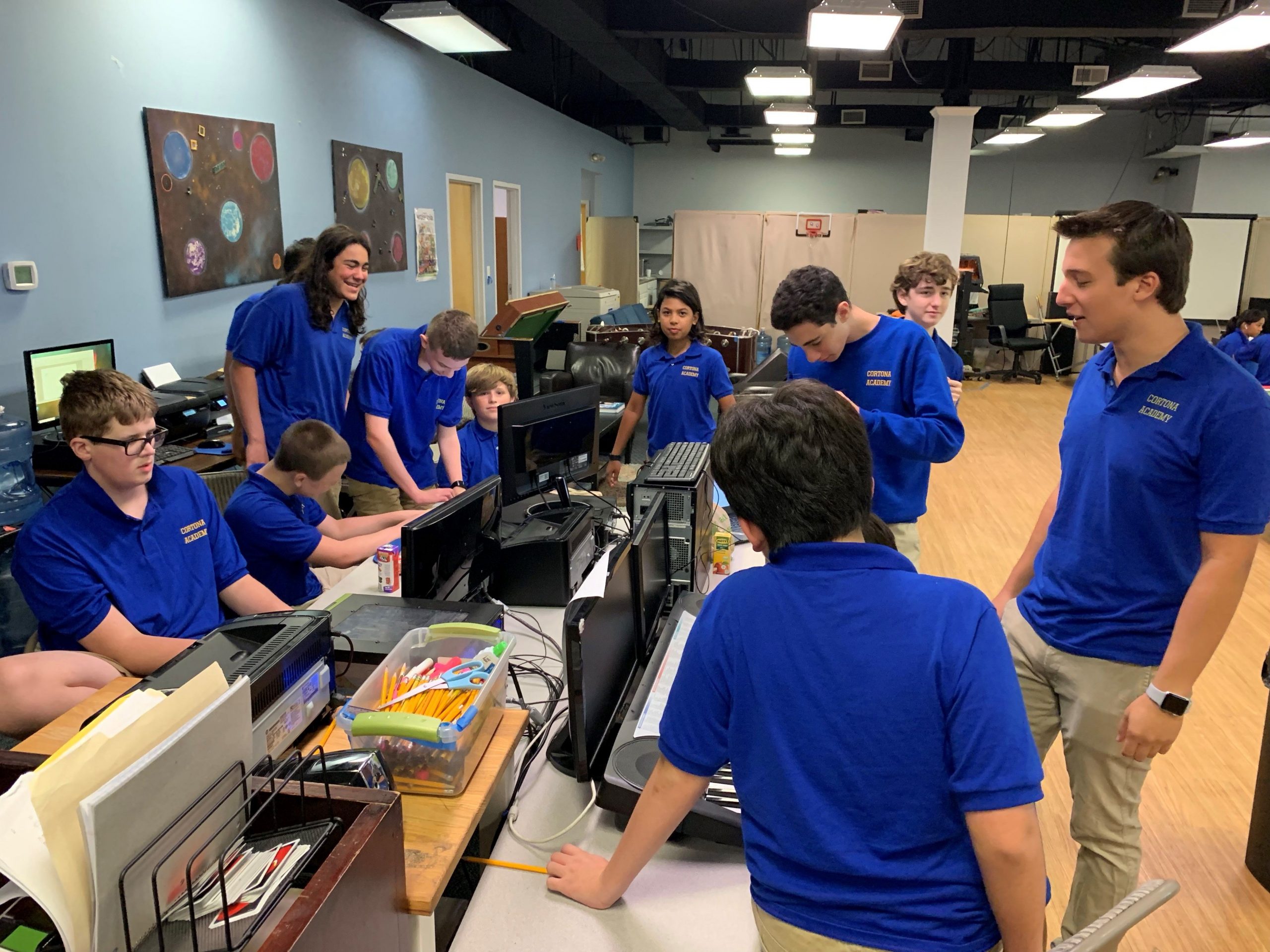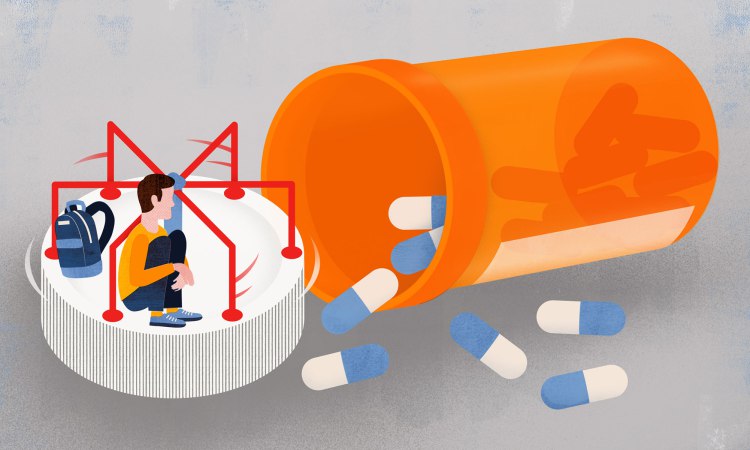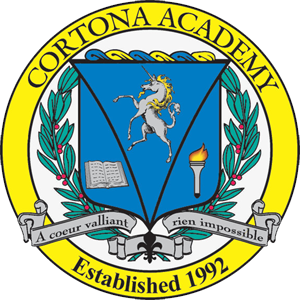ADHD Programs
At Cortona Academy, we help all ADHD students process information quickly, efficiently, and in a pressure-free environment.
Facts About ADHD
Happy, Successful Child
=
Happy, Successful Parent!

Cortona Academy’s HTS-3 Mitigates ADHD Symptoms!
ADHD – Beyond the Pill
According to a 2018 study on non-medicinal treatments for ADHD, computer cognitive training, or “brain fitness,” will be growing over the next few years. Cortona Academy is right at the forefront of this trend, as it has been for the past twenty-five years. Alvaro Fernandez of Sharp Brains, in his article, “10 Neurotechnologies about to Transform Brain Health and Brain Enhancement,” says that computer-assisted remediation applications have been successfully utilized for people with learning disabilities and ADHD. Fernandez believes that this is the future of ADHD therapy. The interventions have shown, in most cases, to increase working memory, sustain attention, and to help children focus their attention while decreasing impulsiveness.

Cortona Academy’s 1992 creation of their proprietary HTS-3 System, a high-tech speed study and organizational system, led the way in mitigating many ADHD symptoms for their students, both in the classroom and during study time. These systems were found to keep students focused on both audial and visual material, and were also discovered to be applicable to ALL junior and senior high school courses. In fact, HTS-3 can be applied to any class at any level. Cortona Academy graduates have even successfully used them throughout college and even in graduate and professional schools. This system insures that ADHD students are maintaining focus and are efficiently processing information. Most importantly, students absorb large amounts of information at a faster rate than by merely reading material from left to right. It is an easy-to-learn system; once students master it, they are able to use it through college, where courses are more material-heavy.
Another benefit of Cortona’s HTS-3 System is that it is an effective relaxation tool. Debra Burkick, LCSW, who is also known as the “Brain Lady,” has found that mindfulness is one of the best ways that AHDH students can improve their development. Cortona’s HTS-3 System aids in mindfulness and relaxation as students eliminate distractions. It is a powerful way for students to learn to shut out all the “noise” and focus intently on their course material and classroom lecture.
Additionally, a key element Burkick mentions for ADHD students to prosper is proper diet and exercise. Also at Cortona, we make sure students are breaking up class time with fun activities like dance, group games, and walks in the park or playing sports, essential to balancing screen time with green time in order to reduce the severity of ADHD symptoms.
Finally, sleep is particularly vital for children with ADHD. According to Burkick, researchers report that over 73% of children with ADHD also experienced some sort of sleep problem, whether it is difficulty falling asleep, restless leg syndrome, nightmares, feeling tired upon awakening, or breathing difficulties during sleep. Thus, it is recommended that they receive an extra half hour of sleep each night. At Cortona, classes start no earlier than 9 a.m. Cortona has even had students with sleep apnea and other sleep-related issues thrive here because of our commitment to insuring students are well-rested.
Since 1992, Cortona Academy teachers and administrators have led the way in applying what is now referred to as “brain training” (we call it HTS-3) to help all ADHD students process information quickly, efficiently, and in a pressure-free environment. Additionally, we insure these students are doing well in all areas of life, not just academically. As always, it remains the decision of parents and doctors whether or not the ADHD child uses medications to control symptoms while at school. However, with Cortona Academy’s HTS-3 systems being applied to all junior and senior high courses, and then seeing our graduates successfully apply them to college and graduate/professional courses, it is apparent that Cortona students have additional options both when young, and throughout their lives.
Sources:
- Burkick, Debra, LCSW: ADHD: Non-Medication Treatments and Skills for Children and Teens:
A Workbook for Clinicians and Parents: 162 Tools, Techniques, Activities & Handouts. PESI Publishing & Media, 2017
- Fernandez, Alvaro: SharpBrains.com: 10 Neurotechnologies About to Transform Brain Health and Brain Enhancement, 2017
- Center for Disease Control and Prevention: https://www.cdc.gov/ncbddd/adhd/features/key-findings-adhd72013.html
